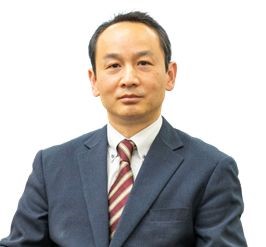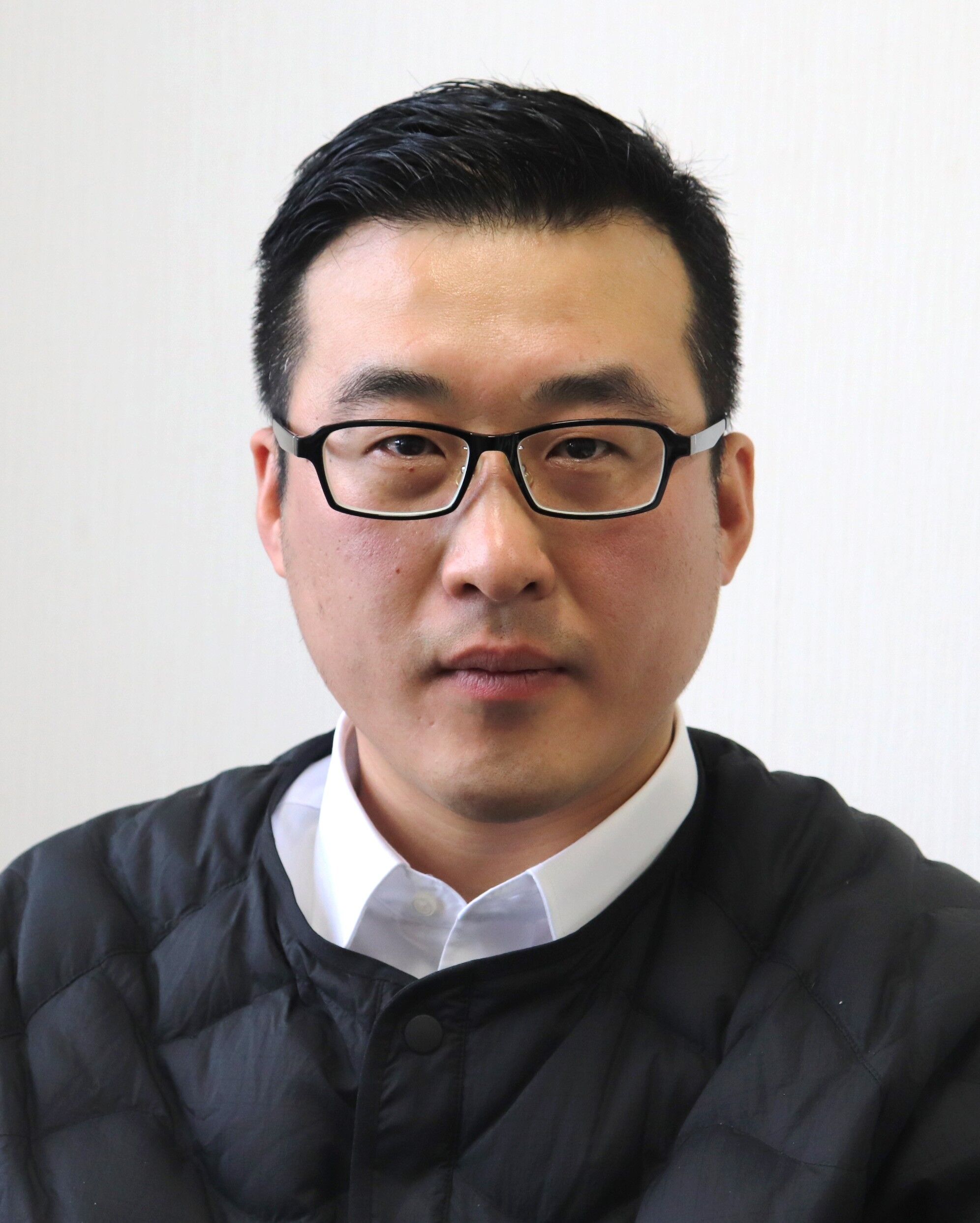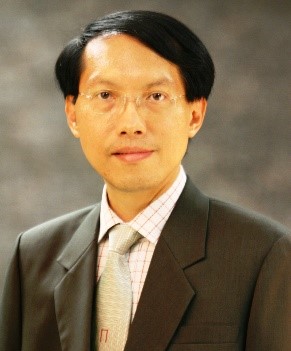Keynote Speakers
Prof. Weinan Gao
Northeastern University, Shenyang, China
Weinan Gao received the Ph.D. degree in Electrical
Engineering from New York University, Brooklyn, NY, USA. He is a
Professor with the State Key Laboratory of Synthetical Automation
for Process Industries at Northeastern University, Shenyang, China.
Previously, he was an Assistant Professor of Mechanical and Civil
Engineering at Florida Institute of Technology, Melbourne, FL, USA,
an Assistant Professor of Electrical and Computer Engineering at
Georgia Southern University, Statesboro, GA, USA, and a Visiting
Professor of Mitsubishi Electric Research Laboratory (MERL),
Cambridge, MA, USA. His research interests include reinforcement
learning, adaptive dynamic programming (ADP), optimal control,
cooperative adaptive cruise control (CACC), intelligent
transportation systems, sampled-data control systems, and output
regulation theory. Prof. Gao is the recipient of the best paper
award in IEEE Data Driven Control and Learning Systems (DDCLS)
Conference in 2023, IEEE International Conference on Real-time
Computing and Robotics (RCAR) in 2018 and the David Goodman Research
Award at New York University in 2019. He is an Associate Editor of
IEEE Transactions on Neural Networks and Learning Systems, IEEE/CAA
Journal of Automatica Sinica, Control Engineering Practice,
Neurocomputing and IEEE Transactions on Circuits and Systems II:
Express Briefs, a member of Editorial Board of Neural Computing and
Applications, and a Technical Committee member in IEEE Control
Systems Society on Nonlinear Systems and Control, IFAC TC 1.2
Adaptive and Learning Systems, and CAAI Industrial Artificial
Intelligence.
Keynote Speaker II

Prof. Lin MENG
Ritsumeikan University (RU), Japan
Lin MENG is a Professor at the College of Science and
Engineering and head of the Intelligent High-performance Computing
Lab., at Ritsumeikan University (RU), Japan. He received his Ph.D.
from the Graduate School of SE at RU 2012. He was a Research
Associate, Assistant Professor, and lecturer at the Dept. of ECE,
RU. In 2015, he was a visiting scholar in the Dept. of CSE,
University of Minnesota at Twin Cities, USA. His research interests
include Computer Architecture, Parallel Processing, Intelligence
High-Performance Computing (IHPC), FPGA-based Accelerator Design,
the Internet of Things (IoT), and Artificial Intelligence (AI). He
has published over 360 papers, including IEEE TASE, IEEE TETCI, IEEE
TIM, IEEE TSC, IEEE TITS, IEEE IoT J, Adv. Sci., AIRE, APIN,
Neurocomputing, Heritage Science, etc. He is among the top 2% of
scientists in the updated science-wide author databases of
standardized citation indicators created by Elsevier. He serves as
an editor for several journals, including IoT J, IJAMechS, and
others. In the past three years, he received several funds from the
NEDO and the Japan Science and Technology Agency (JST), etc. He is a
senior member of IEEE and a member of ACM, IPSJ, IEICE, and IEE.
Invited Speakers
Prof. Athakorn Kengpol
King Mongkut’s University of Technology North Bangkok, Thailand
Dr. Athakorn Kengpol is Professor of Industrial Engineering at the Faculty of Engineering, King Mongkut’s University of Technology North Bangkok, Thailand. He received his PhD in Manufacturing Engineering and Operations Management from The University of Nottingham, UK. He obtained his Post-doctoral Research at University of Innsbruck, Austria and at Lappeenranta University of Technology, Finland. His research interests include Artificial Intelligence, Machine/Deep Learning, Decision Support Systems in Industry 4.0, management information systems and packaging design. His National Awards are, for example, National Outstanding Lecturer, National Outstanding Government Officer etc. His International Awards are, for example, Medal from International Exhibition of Geneva, Switzerland, and Industry Solutions Award from IEOM Society International, USA. He conducted and published research about Machine Learning and Deep Learning in a number of reputable journals, for example, International Journal of Production Economics, International Journal of Production Research, Expert Systems with Applications, Computers and Industrial Engineering etc. He also participated in MSIE-CBHE Erasmus+ Curriculum Development of Master’s Degree Program in Industrial Engineering for Thailand Sustainable Smart Industry (MSIE4.0) funded by the European Commission, and ReCap 4.0 that is proposed to enhance the capacity and ability of the non-university sector at the tertiary level in Thailand for the effective delivery of engineering and technology knowledge and skills related to Industry 4.0 to support Thailand Sustainable Smart Industry.
Assist Prof. Damiano Di Francesco Maesa
University of Pisa, Italy
Damiano Di Francesco Maesa is Assistant professor at the department of computer science of the University of Pisa, Italy. His past positions include College Research Associate at Clare College of the university of Cambridge, Research Associate at the Innovation and Intellectual Property Management Laboratory of the University of Cambridge, Research Associate at the Computer Lab of the University of Cambridge, Research Associate at King's college London, and Research Assistant at the National Research Institute in Pisa, Italy. He has a PhD in Computer Science from the University of Pisa and specializes in the analysis and study of novel applications of blockchain and Distributed Ledger Technologies (DLT). Beside his academic contributions, he has held several guest lectures, seminars, and workshops to spread awareness on blockchain technology.
Dr. Ching-Chun Chang
National Institute of Informatics, Japan
Dr. Ching-Chun Chang received his PhD in Computer Science from the University of Warwick, UK, in 2019. He participated in a short-term scientific mission supported by European Cooperation in Science and Technology Actions at the Faculty of Computer Science, Otto-von-Guericke-Universität Magdeburg, Germany, in 2016. He was granted the Marie-Curie fellowship and participated in a research and innovation staff exchange scheme supported by Marie Skłodowska-Curie Actions at the Department of Electrical and Computer Engineering, New Jersey Institute of Technology, USA, in 2017. He was a Visiting Scholar with the School of Computer and Mathematics, Charles Sturt University, Australia, in 2018, and with the School of Information Technology, Deakin University, Australia, in 2019. He was a Research Fellow with the Department of Electronic Engineering, Tsinghua University, China, in 2020. He is currently a researcher with the National Institute of Informatics, Japan. His research interests include steganography, forensics, biometrics, cybersecurity, computer vision, computational linguistics and artificial intelligence.

Asst. Prof. Chengyan Zhao
Ritsumeikan University, Japan
Chengyan Zhao received his Ph.D. of Engineering from Nara Institute of Science and Technology, Japan. From 2021, he joined the Graduate School of Science and Engineering of Ritsumeikan University as an assistant professor. His research interests include positive systems, switched linear systems, and network control system. He is a member of IEEE and a member of AEM, SICE, and ISCIE of Japan.
Copyright © 2024-2025. 2025 6th International
Artificial Intelligence and Blockchain Conference | All rights reserved.



